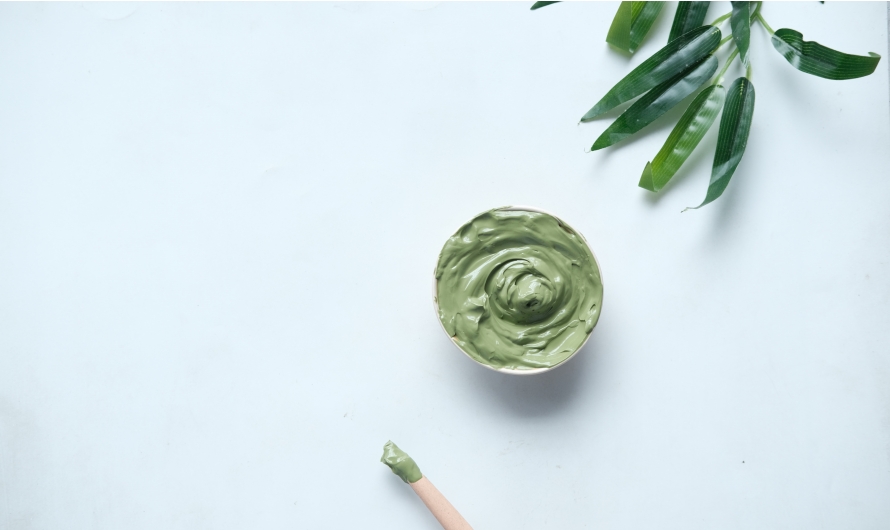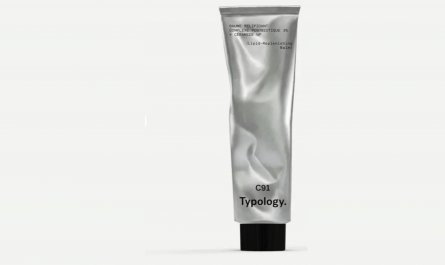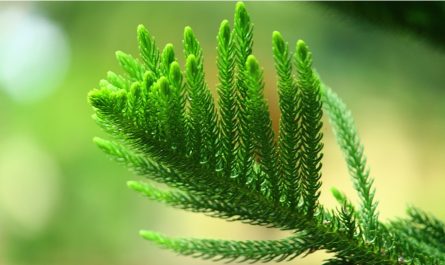Introduction
With increasing awareness around ingredient safety and desire for more natural products, natural skincare has seen a surge in popularity in recent years. More people are discovering the benefits of using plant-based and naturally-derived ingredients on their skin. In this article, we’ll explore some of the top natural skincare ingredients to look out for and how to create your own natural skincare routine.
Benefits of Natural Skincare
Natural skincare products made from ingredients like plants, minerals and oils offer a variety of advantages compared to conventional skincare. Here are some of the top benefits of using natural ingredients on your skin:
Avoid Harsh Chemicals
Many synthetic skincare ingredients like sulfates, parabens, phthalates and chemical sunscreens have come under scrutiny due to potential health concerns with prolonged use. Using natural alternatives helps avoid long-term exposure to these chemicals.
Kind to Sensitive Skin
Plant extracts, herbs and natural oils often have anti-inflammatory, soothing and protective properties. This makes them less likely to cause irritation or reactions on sensitive skin.
Environmentally Friendly
Natural skincare typically uses biodegradable, renewable ingredients that are less toxic for the environment compared to many synthetics. Choosing naturals is a greener way to care for your skin.
Most Effective Natural Skincare Ingredients
Some of the top natural ingredients to look for in your skincare include various plant oils, essential oils and extracts that each offer unique benefits:
Plant Oils
Cold-pressed plant oils are emollient, nourishing for skin and safe for most skin types:
- Coconut Oil – Contains fatty acids and vitamin E to moisturize skin and manage oil production. Also has antibacterial properties.
- Jojoba Oil – Mimics skin’s natural oils. Helps balance oil production and soothe inflammation.
- Avocado Oil – Rich in antioxidants like vitamin E to protect skin and soften wrinkles. Extremely moisturizing.
Essential Oils
Many essential oils have antimicrobial, anti-inflammatory and antioxidant effects:
- Lavender Oil – Calming and antimicrobial. Can speed wound healing and ease various skin conditions.
- Tea Tree Oil – Powerful antimicrobial and antifungal properties to treat acne, dandruff and foot fungus.
- Rosemary Oil – Improves circulation, has antioxidant benefits and may stimulate hair growth.
Herbs and Extracts
Herbal ingredients offer numerous medicinal benefits:
- Aloe Vera – Contains enzymes, vitamins and antioxidants that soothe sunburn, fight aging and hydrate skin.
- Calendula – Anti-inflammatory and antimicrobial. Soothes irritated, inflamed skin and helps heal wounds.
- Chamomile – Calming properties relieve skin inflammation. Also has antioxidant effects.
Creating Your Own Natural Skincare Routine
It’s easy to make your own personalized natural skincare routine. Here are some staple products to include:
Cleansers
Look for gentle, moisturizing cleansers based on oils, aloe vera, honey and other natural humectants. Avoid sulfates.
Toners
Refresh skin with plant-based ingredients like green tea, cucumber, rose water or witch hazel. Stay away from alcohol-based toners.
Moisturizers
Use lightweight, water-based moisturizers for oily skin and richer, oil-based creams for dry skin. Nourish with natural emollients like shea butter.
Exfoliators
Gently exfoliate with ingredients like oatmeal, sugar, salt, coffee grounds, etc. Limit to 1-2 times per week.
Face Masks
Make nourishing masks from avocado, yogurt, clay, aloe, honey and other natural ingredients tailored to your skin needs.
Tips for Making Natural Skincare Products at Home
Follow these tips for safely making your own natural skincare products:
Use Quality Ingredients
Ensure any oils, extracts, clays etc. are pure, high quality and from trusted sources.
Proper Storage
Store in clean, sterile containers away from light and heat to prevent spoilage.
Follow Recipes
Measuring ingredients carefully is important for stability, preservation and safety.
Patch Test
Test any homemade skincare on a small area of skin first to check for allergic reactions.
Sanitize Equipment
Disinfect any equipment and containers before making products.
Conclusion
Natural skincare offers a safe, environmentally-friendly way to care for your skin using beneficial plant-based ingredients. With a basic understanding of effective natural oils, extracts and herbs, it’s easy to create customized cleansers, moisturizers and treatments. Pay attention to quality, safety and proper preservation when making DIY skincare. With the right natural ingredients and routine, your skin will look and feel its best.
FAQs
Q: What are some examples of natural preservatives?
A: Some common natural preservatives include vitamin E, grapefruit seed extract, rosemary extract and others. However, homemade skincare still has a shorter shelf life than commercial products.
Q: Can you use expired natural skincare products?
A: It’s not recommended to use expired natural skincare. The ingredients can become unstable, degrade and harbor more bacteria over time. Discard old homemade products.
Q: How long does homemade natural skincare last?
A: Most homemade natural skincare lasts 2 weeks to a few months when properly formulated and stored. Refrigeration extends shelf life. Discard if you notice any changes in smell, texture or appearance.
Q: Is it safe to use oils on acne-prone skin?
A: Yes, certain oils like jojoba, rosehip seed and tee tree can help manage acne without clogging pores. Avoid coconut oil which may be comedogenic for some skin types. Always patch test first.
Q: Should you do a cleanse after using a natural face mask?
A: Yes, gently cleanse skin after a mask to remove any remaining residue. Avoid harsh, drying cleansers. Use a soft cloth dipped in warm water to lightly wipe skin instead.




